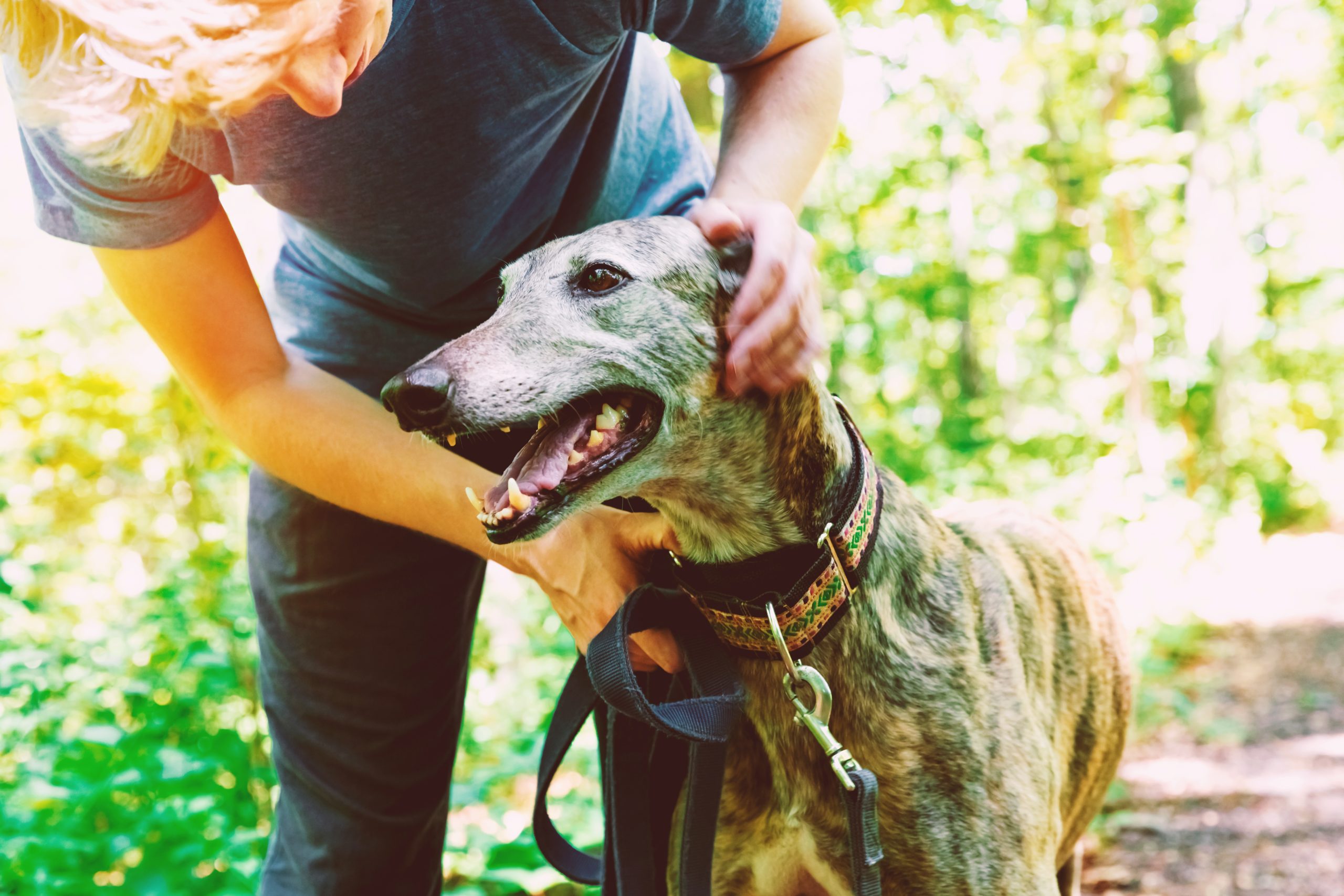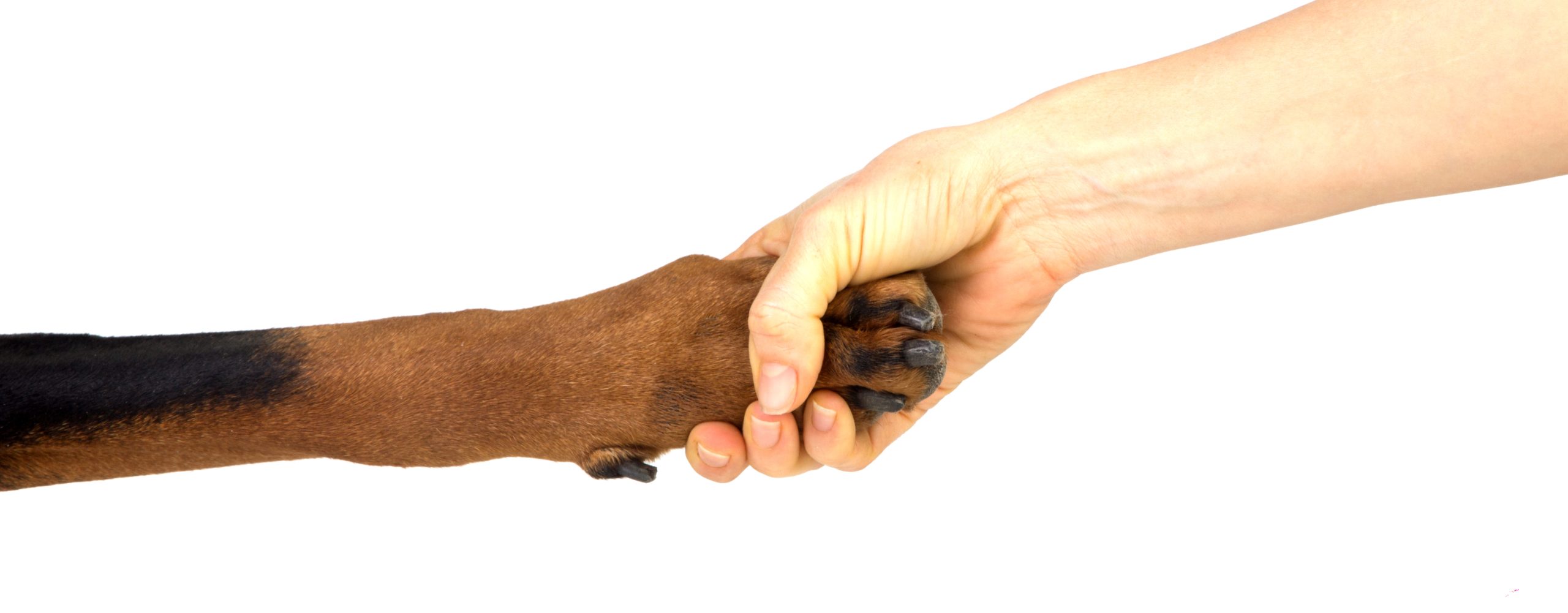Welcome to the ultimate guide to puppy training! Training a new pup can be overwhelming, but with these tips and tricks, you’ll have your furry friend behaving in no time. Let’s get started!
When to Start Puppy Training:
It’s never too early to start training your pup! In fact, it’s best to begin as soon as possible. The sooner you establish good habits and boundaries, the easier it will be for both of you. Start by teaching basic commands like “sit” and “stay,” and make sure to reward your pup when they do well.
The Best Potty Training Techniques for Your Puppy:
Potty training is one of the most important aspects of dog ownership. Luckily, there are many effective techniques that can help make this process easier. One popular method is crate training, which involves confining your pup to a small space while they learn to hold their bladder. Another option is to use positive reinforcement, such as treats or praise, whenever your pup goes outside to relieve themselves. Consistency is key here – stick to a schedule and always take your pup out at regular intervals.
Choosing the Right Obedience Training for Your Dog:
There are many different types of obedience training methods available, so it’s essential to choose the right one for your pup. Some common options include clicker training, leash/collar training, and remote collar training. Each has its own advantages and disadvantages, so research carefully before deciding on a method. Remember, the goal should be to create a strong bond between you and your pup based on trust and respect.

How Many Days per Week Should You Train Your Dog:

The answer to this question depends on several factors, including the age of your pup, their breed, and their temperament. As a general rule, experts recommend devoting at least 10-20 minutes per day to training sessions. These sessions should be short and focused, with plenty of breaks in between. It’s also crucial to vary your training routine to keep things interesting for your pup.
Finding the Best Puppy Training Method for Your Pup:
Every pup is unique, so finding the perfect training method may require some trial and error. Consider your pup’s personality, energy level, and temperament when choosing a technique. For example, high-energy dogs may benefit from more physical activities like agility training, while shy pups might respond better to gentle, positive reinforcement. Don’t be afraid to try multiple methods until you find what works best for your four-legged companion.
Remember, successful puppy training requires patience, consistency, and love. With these tips in mind, you’re well on your way to raising a happy and healthy pup!